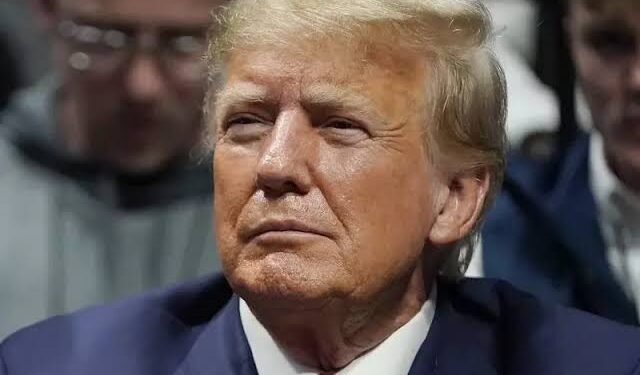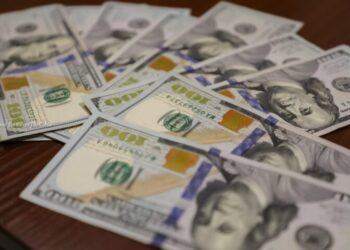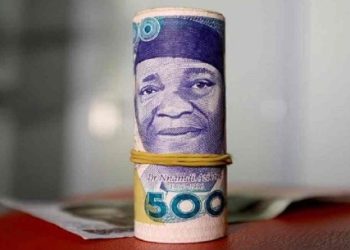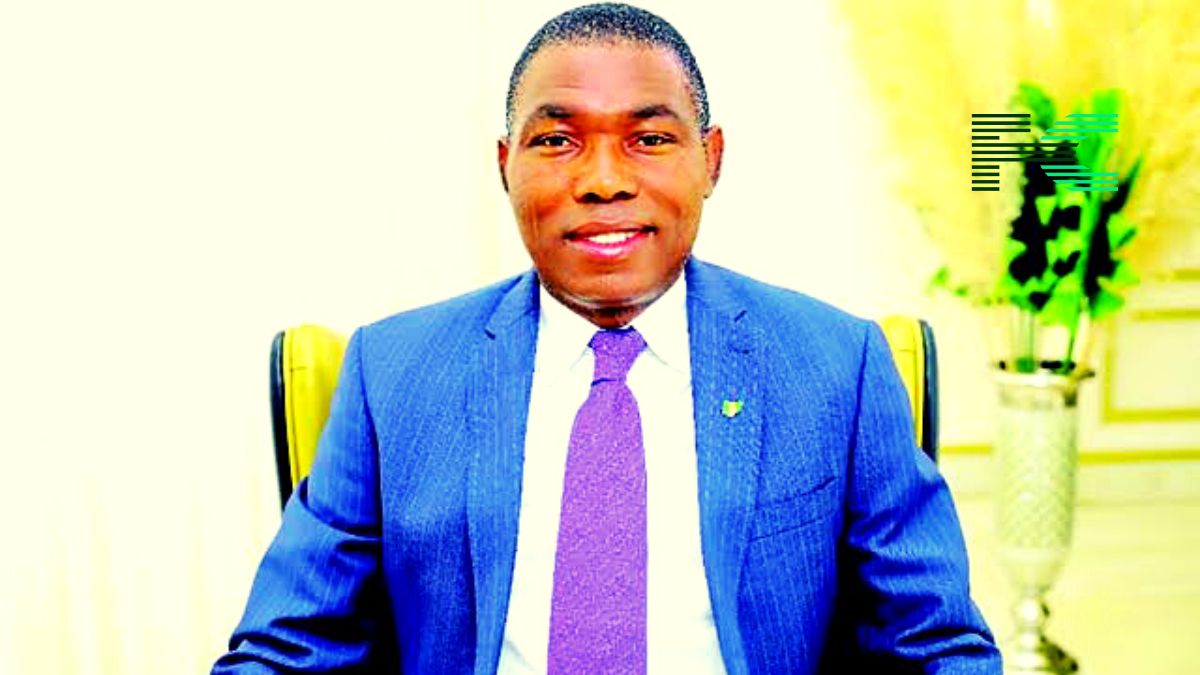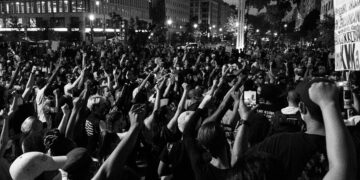As Donald Trump braces for a second term in the Oval Office, one question keeps flying around: how did he manage to make an estimated $550 million from his own businesses while being president for the first time?
In an administration full of controversies and scandals, one thing remains unnoticed about Donald Trump is his tremendous profits from business.
Although he hasn’t sold off anything from this empire; between 2017 and 2020 it was estimated that he made approximately 550 million dollars which is an unprecedented sum in the history of American presidents.
Trump began accumulating wealth as soon as he became president by agreeing to pay $25 million to settle a lawsuit for fraud against Trump University – his educational institution that had been set up for profit. The agreement not only took away 15 percent of his estimated yearly earnings but also allowed him to report a $25 million loss on tax returns – such deft financial handling!

Through a combination of luck or business sense, Trump has been able to profit from his position. His investments in office buildings, hotels, and licenses were a constant source of revenue even when political decisions stirred controversy around them.
Nevertheless, there were hurdles along Trump’s way of doing business. In 2019 income fell at both Trump Tower and 40 Wall Street, while his Chicago hotel moved from making money into losing it.
Politics may have chased away partners from Trump’s brand but his nameless office buildings in New York City and San Francisco remained unscathed. In 2018, his shareholdings of 30% in those properties yielded an incredible $55 million, which accounted for more than a third of the estimated operating income he made.
Thus, COVID-19 Pandemic Struck, putting Trump’s business empire at stake. His six hotels incurred losses to the range of about $23 million within just one year, erasing the $30 million earned between 2017 and 2019 usually.
Meanwhile licensing and management contracts dwindled from $29 million down to only $4.5 million as per their value. Therefore but shortly these shiny buildings became his savior getting rents from top name occupants bound by long-term leases.
This windfall, revealed through an analysis of tax returns, financial disclosures, and internal records, raises serious questions not only about conflicts of interest but also about issues arising from foreign acts and the very fabric of American democracy itself.

